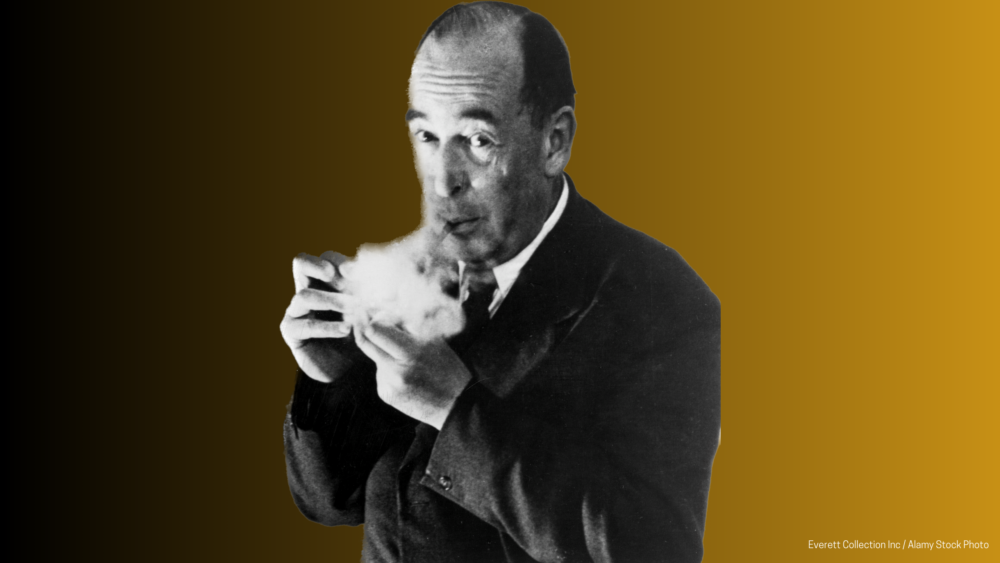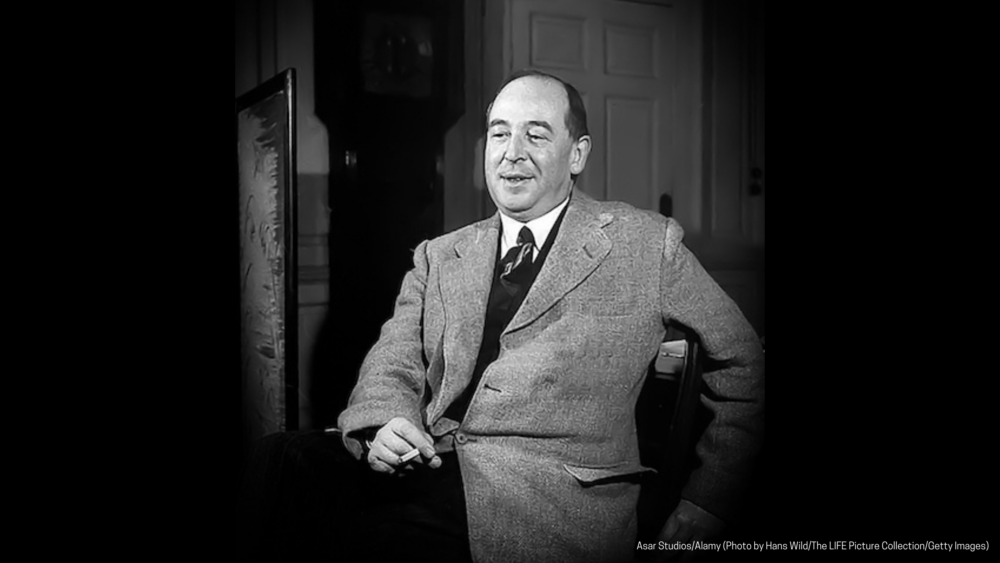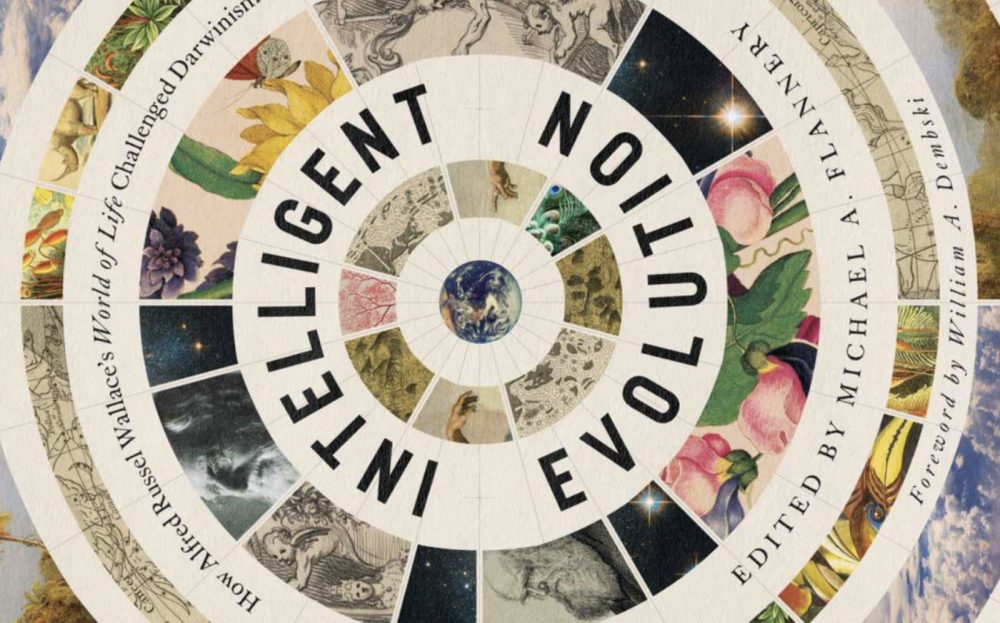


How Stockholm Syndrome Christianity Hinders Scientific Progress

When Christians in Science Embrace Scientific Materialism

Thus Saith the Science: C.S. Lewis on the Dangers of Scientism

C. S. Lewis’s Prophetic Legacy on Scientism

Casey Luskin on Why He Favors ID over Theistic Evolution
Today’s ID the Future continues intelligent design theorist Casey Luskin’s conversation with Apologetics 315 podcast hosts Brian Auten and Chad Gross. Here in Part 2, Luskin give a peek behind the scenes of ID 3.0, the current research program inspired by the intelligent design framework. Luskin is then asked to explain his reservations about theistic evolution, and Luskin points out the evidential, rhetorical, and logical problems he sees with the brand of theistic evolution advocated by Francis Collins and Biologos. What about the future of the intelligent design movement? Luskin says he’s optimistic, both because of the exciting research and publication breakthroughs of late, and because of the many converts he’s seeing to the ID framework. According to Luskin, many of these Read More ›

Casey Luskin Reviews Three Views on Christianity and Science
On today’s ID the Future, host Tom Gilson and guest Casey Luskin discuss a new book Luskin recently reviewed at Evolution News, Three Views on Christianity and Science. Luskin, associate director of Discovery Institute’s Center for Science and Culture, summarizes the three views covered in the book: the independence view presented by Michael Ruse, the dialogue view presented by Alister McGrath, and the constrained integration view presented by Bruce Gordon. Luskin critiques the first two and argues that the dialogue view, in practice, quickly devolves into a monologue where religion is supposed to sit down and shut up the moment there is a point of difference between religion and consensus science. He says this is doubly problematic because (a) scientists Read More ›

Michael Flannery on the Origin of Darwin’s Worldview
On this episode of ID the Future, science historian and host Michael Keas talks with fellow science historian Michael Flannery about the newly updated book Intelligent Evolution: How Alfred Russell Wallace’s World of Life Challenged Darwin. Flannery tells of Darwin’s involvement in the Plinian Society, a “freethinkers” group at Edinburgh University where he studied medicine as a teenager. It was there that he first encountered radical philosophical materialism, the worldview that laid the philosophical foundation for his work in evolution. Flannery also speaks of Alfred Russel Wallace’s “intelligent evolution” and how it differs from Darwinism and from today’s theistic evolution — what Flannery prefers to call “Darwinian theism.”

Classic Darwinist Tactics: When the Evidence Fails, Strategize!
On this episode of ID the Future, Casey Luskin finishes up his review of Karl Giberson and Francis Collins’ The Language of Science and Faith. In this sixth and final part of Luskin’s review, he delves into a discussion about the contradictions, irony, and appeals to authority that permeate the book. Listen to this podcast to hear why Giberson and Collins resort to such tactics. Is the evidence for Darwinian evolution really as strong as they would have you believe?

Micro to Macro: Neo-Darwinists Give Small Evidence for Big Claims
On this episode of ID the Future, Casey Luskin exposes how evidence given for macroevolution in The Language of Science and Faith is too weak to hold any weight. In their book, Francis Collins and Karl Giberson make the all-too-common claim that macroevolution is merely microevolution over a prolonged period of time. Are the proposed mechanisms really as simple as they sound? Luskin discusses the insufficiency of Collins and Gibersons’ argument in Part 5 of his continued review of The Language of Science and Faith.